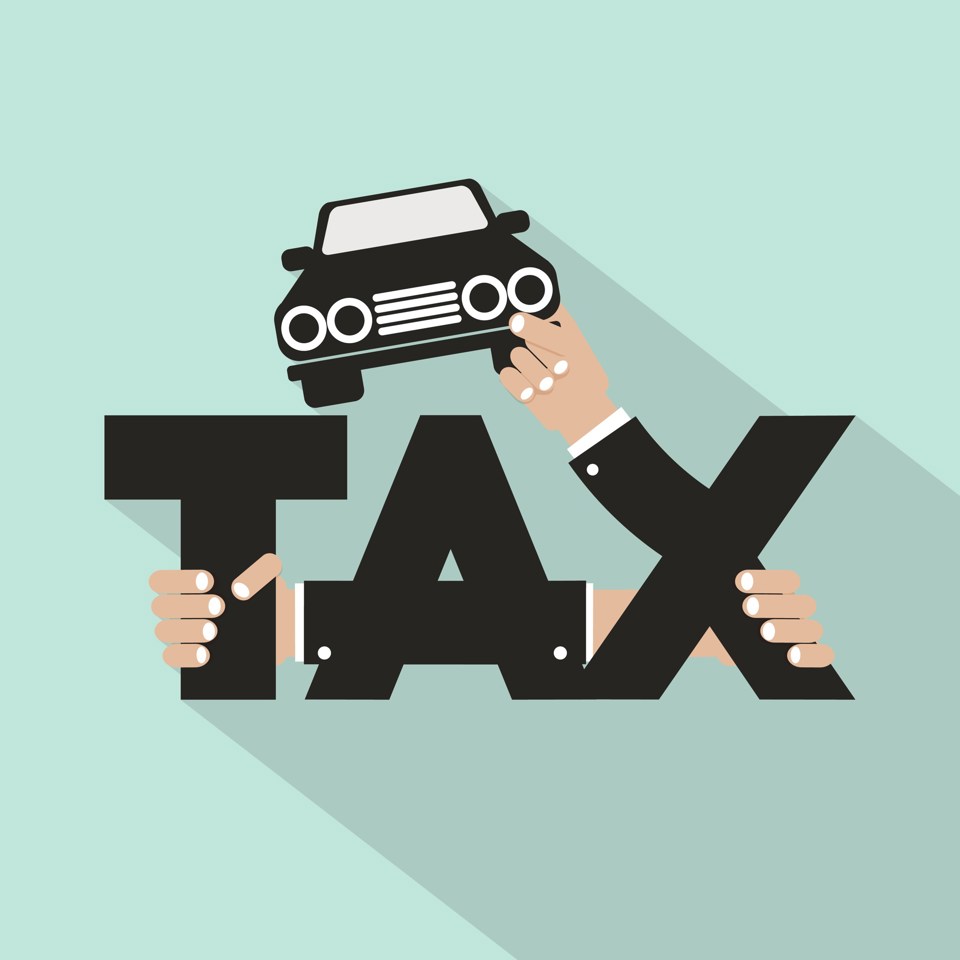The Government is continuing its crackdown on what it considers “creative” and “aggressive” company car schemes.
It has introduced a new measure in the 2016 Finance Bill, which will reach the statute book prior to parliament’s summer recess in July, and comes in the wake of HM Revenue and Customs (HMRC) losing a long-running legal battle with Apollo Fuels.
The Court of Appeal had upheld earlier decisions by the first-tier tribunal and upper tribunal that cars provided under “market value” leases to employees were exempt from benefit-in-kind (BIK) tax.
Apollo Fuels provided cars to 26 employees as a prerequisite of their employment and to enable them to carry out their jobs. Leases were drawn up and the vehicles – mainly second hand and purchased at auction – were not treated as company cars.
Each employee’s annual business mileage varied between 5,000 and 25,000 miles, with mileage reimbursement payments being offset against the lease rentals due from each employee.
The court ruling in favour of Apollo Fuels was based on a lack of clarity around the use of the word ‘benefit’ in the legislation.
The Court of Appeal supported the view that ‘fair bargain’ applied where an employee received goods or services from their employer at exactly the same cost, terms and conditions as a member of the public or other independent third party dealing with the employer on arms-length terms, with no resulting BIK.
The Government is now revising the existing Income Tax (Earnings and Pensions) Act 2003 to exclude the application of ‘fair bargain’ to identified benefits-in-kind, where the taxable value of the benefit is set out in law, such as company cars. The reform, said the Government, was likely to have “negligible” impact on HM Treasury revenue.
Alastair Kendrick, tax director at MacIntyre Hudson, said: “My fear is that it could be wrongly interpreted or applied by HMRC and will as, a result, have wider practical implications.”
Barrister Rory Mullan, who successfully represented Apollo Fuels, believes the tax charge on company cars has become “disconnected with the value of the benefit”.
He said: “In the future, I expect it will be sensible for employers to provide benefits in different ways so as to ensure the tax charge more closely aligns to the value of what is provided.
“Funding employees to buy their own cars or to rent from third parties may bring a similar outcome at a significantly smaller tax cost.”
Highlighting the Apollo Fuels case as an example of the consequences of a rising BIK tax burden, Mullan said: “The employees no longer wanted to pay the tax on the benefit of the company car, because it was too high and not worth it for some of them.
“The response was to repackage the way in which cars were provided so that the disadvantage ceased to apply; it is an oddity that it was cheaper to pay full market value than pay the tax.
“That particular approach has now been stopped but there are other ways whereby an employer can fund provision of cars so that the tax charge more closely matches the taxable benefit,” Mullan added.
“Once, however, it comes down to a choice between a charge which bears no relation to the benefit – in effect a much higher rate of tax on the provision of the car – the desirability and ultimately demand for company cars can only decrease.”
However, that view is not supported by David Rawlings, director of BCF Wessex. He urged employers and drivers to focus on the value of the benefit rather than the cost. “The percentage increases in tax look horrible, but in pound note terms company cars still deliver great value,” he said.
“Smart employers and company car drivers should focus on value rather than cost. The company car is, and will remain, one of the most sought after benefits over the next 15 or 16 years.”


















bob the engineer - 29/07/2016 23:31
Well done to apollo fortaking up the battle. Its so true that the tax burden is not reflective of the benefit. Maybe not so for perk drivers with a low business to private ratio.. but for the essential need user racking up high business miles and and only a small percentage of business use its grossly disproportionate. If we could only get away from the duty of care neurosis and start using some of these alternative plans we might actually return the car to being a benefit instead of a burden.